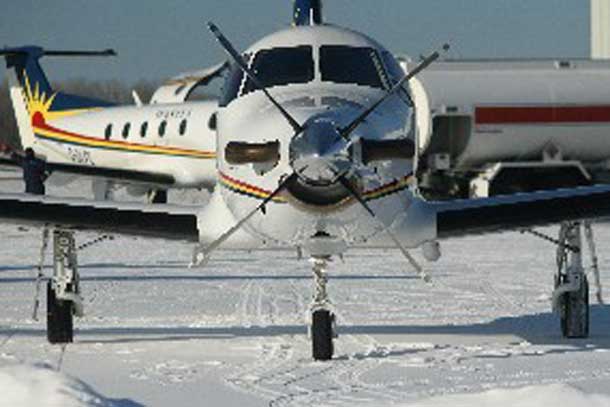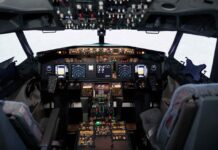Becoming a pilot involves a stage. For those aiming to soar in the skies, the training phase goes beyond mastering technical abilities alone. It includes the nerve-wracking yet thrilling experience of flying solo that trainees eagerly await and fear simultaneously. Understanding the significance of flights during pilot training is key to valuing this journey in molding skilled and self-assured pilots.
Building Confidence
Flying alone is crucial for a pilot’s self-assurance development. It allows them to feel a sense of independence and responsibility when handling the aircraft without an instructor. But for those wondering, how many hours to solo flight usually takes varies by individual and training program.
Enhancing Decision-Making
Pilots need decision-making skills when flying solo, as it involves making choices under pressure to assess situations quickly and act accordingly. Handling weather conditions unexpectedly and navigating airspace helps improve judgment and situational awareness during flights.
Improving Technical Proficiency
Flying skills improve greatly when pilots fly solo without the instructor’s assistance, as they must show expertise in managing flight controls and communication systems while navigating alone in the aircraft’s skyward atmosphere. The practice of these skills independently reinforces their grasp of principles and enhances their ability to apply them effectively. Additionally, coping with flight dynamics provides insights into aircraft behavior, resulting in enhanced technical proficiency.
Fostering Responsibility
Pilots must possess a vital sense of responsibility for their role in aviation, and solo flights play a vital role in fostering this attribute. When flying without an instructor by their side, trainees are solely responsible for ensuring the safety of both the aircraft and themselves. This heightened level of responsibility prompts them to conduct flight checks, follow safety protocols diligently, and engage in meticulous planning. By highlighting the importance of responsibility, aspiring pilots are able to develop a mindset for their future careers in aviation.
Instilling Trust
Having faith in oneself and in the airplane is crucial when flying solo, as a pilot must rely on their training and instincts to operate the aircraft. Additionally, confidence in the aircraft’s dependability instills a feeling of safety. The trust developed through flights leads to a confident and composed pilot who can skillfully manage various scenarios with ease and confidence.
Encouraging Personal Growth
Going on flights can lead to growth as you face and conquer challenges that come your way in the air realm, thereby building resilience and adaptability skills. It teaches trainees to handle stress, stay composed when things get tough, and accept the uncertainties of flying. This growth isn’t just limited to aviation but also imparts life skills that can be applied across spheres, enhancing both their careers and personal lives.
Promoting Self-Reflection
After pilots in the aviation field complete a solo flight experience, they usually take time to reflect on their performance and skills. Pinpointing their strengths as areas for growth and development is a common practice that promotes ongoing learning and improvement in their flying abilities. By acknowledging personal boundaries and celebrating successes, individuals training in this field establish a stronger bond with their profession, motivating them to strive for excellence and progress further.
Preparing for Real-World Scenarios
When pilots fly solo in training sessions, it helps them better handle situations they may face in flights by mimicking real-life aviation challenges without immediate guidance from instructors. This is crucial in building their confidence and skills to cope with unforeseen circumstances. The experience gained from flights plays a crucial role in preparing them for the demands of real-world aviation scenarios.
Conclusion
Flying alone is an aspect of learning to fly as a pilot, as it plays an important role in boosting one’s confidence in decision-making and technical abilities while fostering responsibility and self-trust development. In addition, it aids in growth and introspection by simulating real-life situations, making trainees competent and skilled aviators. Grasping the importance of this element guarantees a successful pilot training program that prioritizes the safety and achievements of aviation experts.







